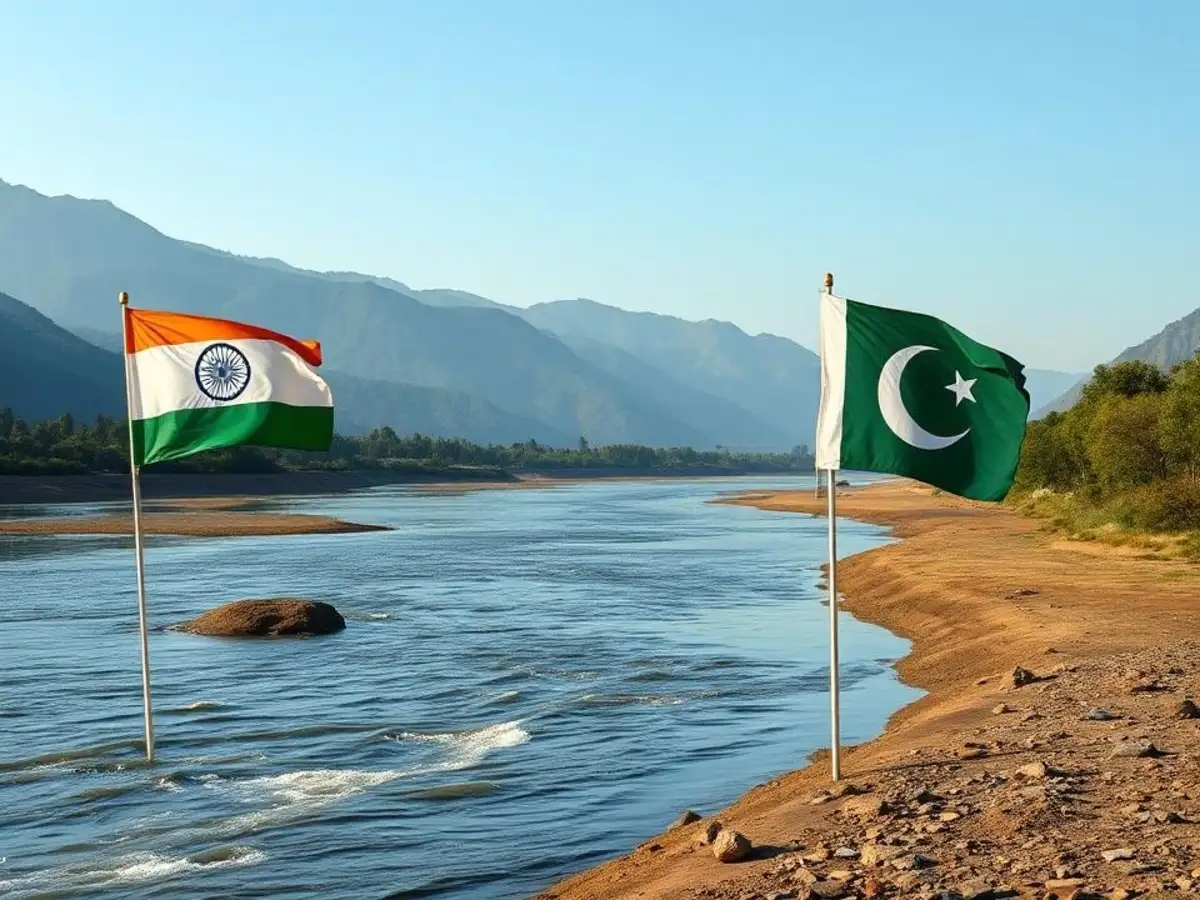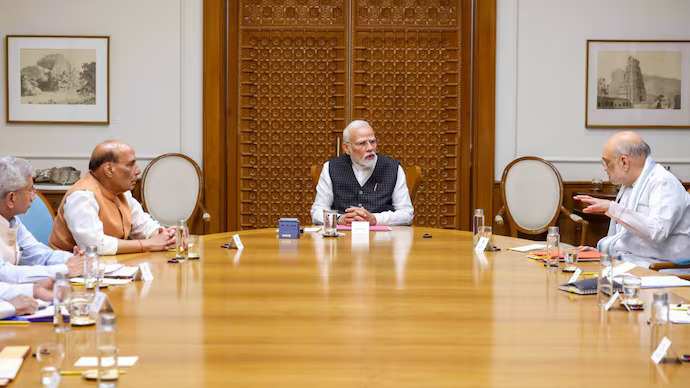In the aftermath of the Pahalgam terror attack that claimed the lives of 26 people on April 22, 2025, India has taken drastic measures to protect its interests and ensure security. As part of its response, India suspended the Indus Waters Treaty with Pakistan, a landmark agreement signed in 1960.
The attack, which targeted tourists in the Jammu and Kashmir region, has led to a significant shift in India’s stance towards its neighbor. The Indian government has cited sustained cross-border terrorism from Pakistan as a reason for the suspension, claiming that it impedes India’s rights under the treaty.
India Suspends Indus Waters Treaty, Plans Strategic Measures to Halt Water Flow to Pakistan
The Indus Waters Treaty, established in 1960, governs the distribution of river waters between India and Pakistan. According to the agreement, the three eastern rivers—Sutlej, Beas, and Ravi—are allocated to India, while the western rivers—Indus, Jhelum, and Chenab—are assigned to Pakistan.
India’s suspension of the treaty came as a direct consequence of ongoing tensions, particularly in the wake of the terrorist attack. By halting the treaty, India seeks to assert its rights over the water flow, which it claims has been affected by Pakistan’s actions.

To further safeguard its interests, India has devised a comprehensive roadmap to ensure that Pakistan does not receive a drop of water from its rivers. CR Paatil, the Union Minister of Jal Shakti, outlined three key plans—short-term, medium-term, and long-term strategies—to address this issue.
These strategies focus on immediate actions and long-term infrastructure projects aimed at halting the flow of water to Pakistan. Among the plans discussed was the desilting of rivers to stop and divert the water flow, a process that will be implemented in the coming weeks.
India Implements Strategic Water Control Measures and Diplomatic Retaliation Against Pakistan’s Actions
A high-level meeting with key government officials, including Union Home Minister Amit Shah, was held to discuss the details of the roadmap. During this meeting, various options were considered to ensure that the water flow to Pakistan would be blocked or diverted. The government’s decision to develop these plans indicates a strong and coordinated approach to handling the situation. The roadmap focuses on implementing a mix of immediate interventions and strategic long-term projects to achieve the desired result.
Alongside the water-related measures, India has taken several diplomatic and military steps to retaliate against Pakistan’s actions. The government has downgraded diplomatic ties, expelled Pakistan’s military attachés, and closed vital checkposts such as Attari and Octroi.
Additionally, India suspended visa services to Pakistani nationals and revoked the existing visas, signaling a firm stance against Pakistan’s involvement in terrorism. These actions, combined with the suspension of the Indus Waters Treaty, highlight India’s intent to take decisive steps in ensuring its national security and regional stability.

